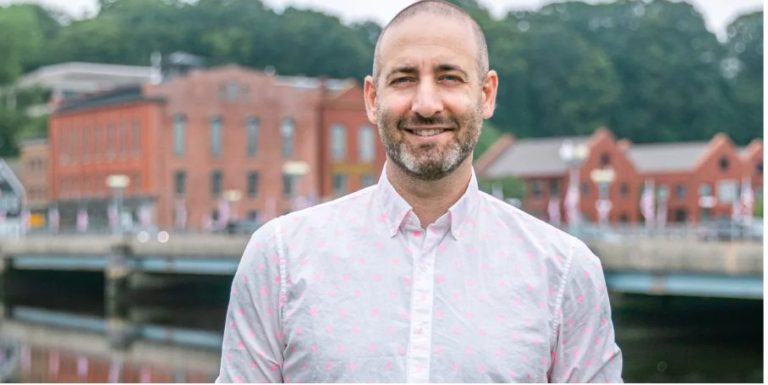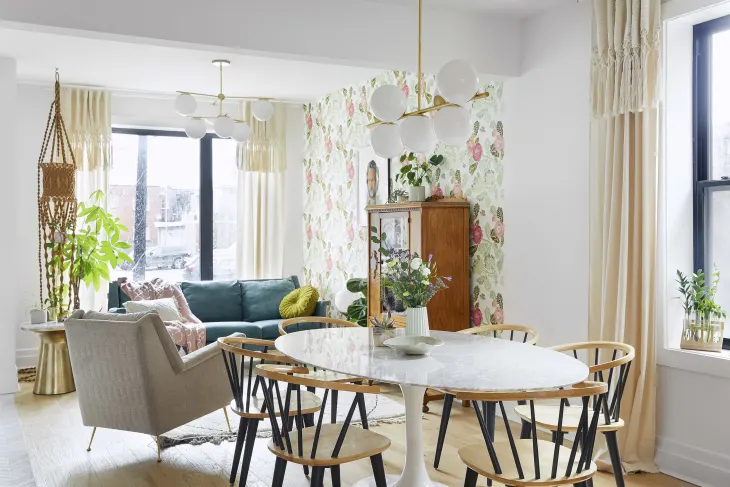Do Extravagant First Dates Set Unrealistic Expectations for Relationships?
Extravagant outings on a first meeting may cause later doubt over the actual cost of maintaining a relationship. Many singles try to create a memorable occasion using settings that require large expenses. These outings sometimes lead to beliefs that relationships must always resemble high-cost occasions. Recent data offers clear insight into these matters.
Financial Pressures and Changing Dating Practices
Economic conditions influence the choice of meeting locations and types of dates. Nearly half of singles plan to engage in more affordable outings. Walks in a park, simple hikes, or sharing a cup of coffee have replaced expensive dinners at upscale restaurants. Research shows that this trend in economical choices occurs as inflation pressures normal date routines. Extravagant first meetings may thus set unrealistic monetary standards for what a relationship should cost.
Modern daters increasingly lean toward experiences that are meaningful yet manageable in cost. A picnic, visiting a farmers’ market, or volunteering together can offer quality time without financial burden. These alternatives reinforce the idea that emotional compatibility doesn’t have to come at a high price.
Payment Expectations and Gender Norms
Surveys have found that traditional beliefs about paying persist even as lifestyles change. A 2019 survey reported that 63 percent of men and 46 percent of women expect the man to pay on the initial meeting. This practice may seem ceremonial rather than a genuine display of consideration. In later surveys, most singles reported acceptance of splitting the bill. The numbers indicate that over seventy percent feel that dividing the cost is proper and reflects a practical approach. Such expectations do not always align with the values of modern dating practices.
Despite the rise of financial independence and changing gender roles, social expectations can still influence first-date dynamics. Some individuals may feel pressure to conform to outdated norms even if they prefer equality in relationships. These subtle tensions can affect how authentic the first interaction truly feels.
Elite Encounters: Rethinking Extravagance
First dates often set the stage for what’s to come, and extravagant ones can blow expectations out of proportion. Some go for flashy spots that promise more than they deliver, leaving little room for real connection. Others take a different path, choosing relaxed outings like gallery visits or small concerts to keep things grounded in shared interests. Along those lines, certain unconventional daters, like those into arrangements, can try specific luxury dates for sugar couples, blending upscale experiences with a clear, pragmatic twist on romance. Either way, prioritizing personality over pure opulence tends to build something more real.
Socioeconomic Considerations and Practical Choices
Research indicates that financial resources affect how couples develop and sustain relationships. Couples with higher incomes tend to have fewer external strains. In contrast, those with tighter budgets face more obstacles that may burden their meeting habits. Extravagant dates represent a segment of dating that belongs more to persons with ample means. In many common cases, standard outings prevail. Common practices may lead to expectations that match everyday spending.
It’s important to recognize that the value of a date isn’t determined by its price tag. A simple, well-thought-out plan can be more impressive and memorable than a lavish but impersonal evening. Choosing venues or activities that align with both parties’ comfort levels can foster a more honest and enjoyable experience.
Communication and Clarity in Arrangements
Many singles discuss monetary matters before meeting. They share opinions about splitting costs and set limits early on. Open conversation about money reduces misunderstandings later. Some prefer organizing finances through separate accounts for shared expenses. Such discussions help both parties understand what is realistic, given their means.
Talking about money might seem awkward, especially early on, but it often builds trust and shows emotional maturity. When expectations are clearly communicated, both individuals can relax and focus on the interaction rather than silently judging financial choices.
The Case for Simpler, Meaningful First Dates
In an era of economic unpredictability and shifting relationship values, a return to modest, meaningful first dates is increasingly embraced. Activities like community events, food truck festivals, or museum visits cost less but allow for genuine interaction. They also help individuals assess compatibility without financial pressure. These types of experiences place the focus back on personality, interests, and communication—foundational aspects of lasting relationships.
Even digital-first interactions have taken on new meaning, with many choosing to connect through low-pressure virtual coffee dates or shared gaming sessions. These options provide a platform to bond authentically, especially for those hesitant about public meetups.
Concluding Thoughts on First Date Practice
Extravagance on a first meeting does not secure a lasting connection. Simpler outings aligned with personal means reduce pressure and support genuine compatibility. Research shows that realistic spending sets a better foundation for meaningful partnerships, while expensive settings may create false expectations. Open discussions around money help define shared standards and prevent misunderstandings. In modern dating, modest meetings improve comfort, encourage honest conversations, and shift the focus to true personal connection. Financial mindfulness often speaks louder than extravagant gestures—and may be the key to building lasting relationships.
Stay in touch to get more updates & news on World Times!







